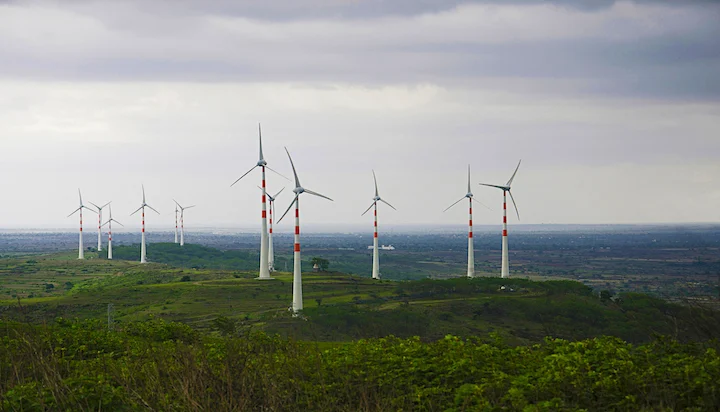Devastated by the cloudburst in Kedarnath in June 2013, Roopesh Rai felt the need to set up a social venture with sustainability at its core. He left his plush job in the hospitality and tourism industry to start Green People — an integrated, for-profit organisation aimed at uplifting the rural sector through tourism and agricultural pursuits.
Faces of Vibrant BharatRai’s initial social ventures, The Goat Village & Hideouts (an agro-tourism initiative) and Bakri Chhaap (a farm produce market linkage), have now morphed into a pan-India heterogenous community called Madhouse to Mudhouse (MHMH). The vision for this latest initiative is to work through an aggregation of homestays and farm stays in rural India and facilitate a network of rural property owners and urban consumers.
Founded during the first wave of COVID-19, MHMH was inspired by the socio-political and economic climate of nearly half a million villages in India undergoing unprecedented agricultural, environmental and cultural bankruptcy. With the MHMH initiative, the parent organisation is committed to a five-year mission of creating 100 self-sustainable village ecosystems across India.
The organisation has undertaken rural education and medical care projects under its community vertical. MHMH focuses on integrated development of the rural populace by utilising unused rural home and farm produce inventory through its distribution platforms and marketing.
Apart from working towards holistic rural development, it is actively involved in initiatives that bridge the gap between urban and rural upliftment. In a span of five years, it has witnessed an increase in the footfall from the previous base of 1200 trekkers per year to 90,000 eco-sensitive trekkers, in the lesser-known parts of the Garhwal Himalayas.
This footfall has resulted in the development of more than 100 homestays, 20 campsites and the revival of the earthquake-proof vernacular ‘koti banal’ architecture. It has also renewed an interest in livestock rearing along with the conservation and revival of the rural cultural heritage.
Bakri Chhaap has also facilitated the newfound market linkage leading to 80% of farmers returning to produce natural, traditional crops such as indigenous millets and pulses. The final products are sold to various institutions, upscale hotels, retail stores in the region, as well as online distribution platforms such as Amazon, Bigbasket and Grofers.
“The future of living depends on four basic parameters—clean air, water, soil and a stable internet connection with emphasis on organic growth. As one can see, sustainability stock prices are superseding all other stock prices, globally. The action is to move towards rural India and the rural world. My advice to budding entrepreneurs is to focus on ventures that are based on principles of sustainability. If we can protect our people and the planet, profits are sure to follow,” concludes Rai.
What made Rai a Face of Vibrant Bharat?
“According to NITI Aayog’s SDG India Index 2020-21, India’s constant push towards clean energy, urban development and health has helped it improve its overall Sustainable Development Goals (SDG) score from 60 in 2019 to 66 in 2021. Acting as a bridge between man and nature, enterprises like The Green People go beyond sustainable initiatives and include overall development. It shows how they are determined to make a tangible impact with their actions,” said Darshana Kadakia, Partner, Global Valuation Services, Grant Thornton Bharat.
“Roopesh gave up a successful career in the luxury hospitality industry to work for the upliftment of the rural economy. Such career decisions are unconventional and brave. It’s commendable to see how he has commercially built an enterprise for community development. The Green People success story showcases economic growth is very much viable by returning to the roots and living sustainably,” said Aman Dhall, Founder of CommsCredible.
Source: moneycontrol.com









